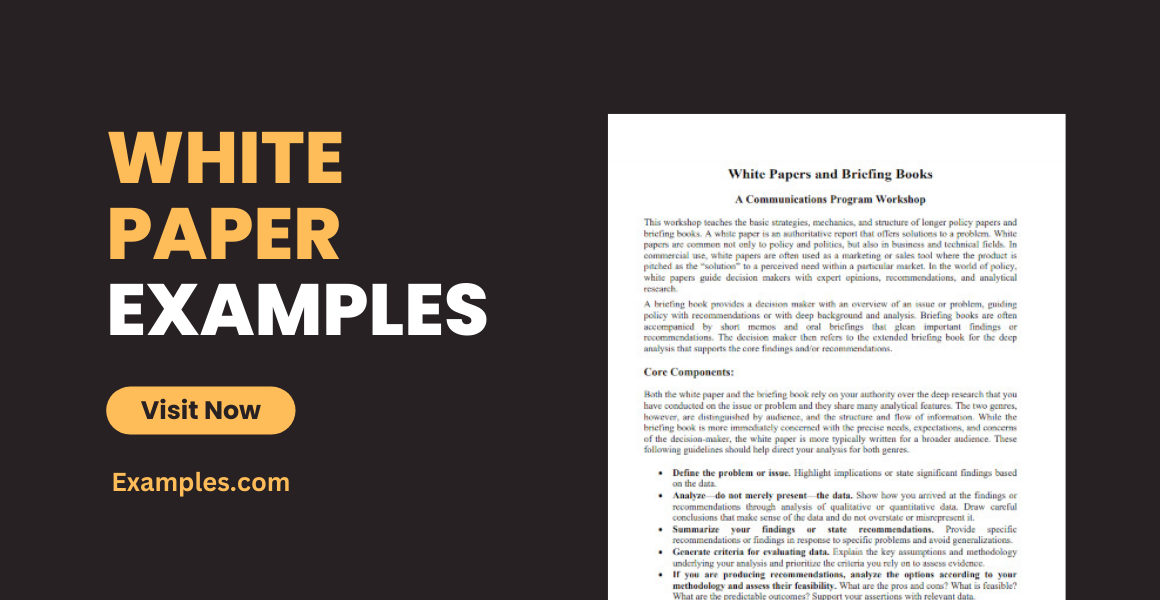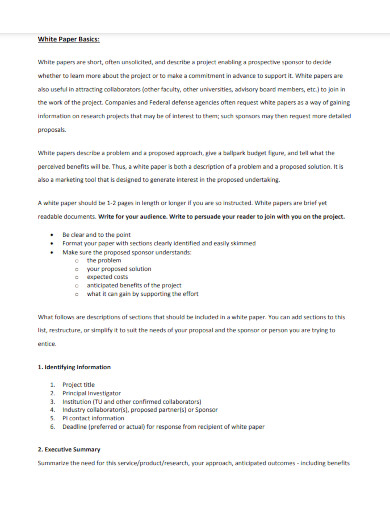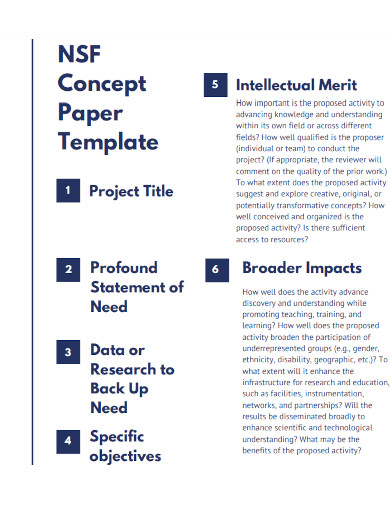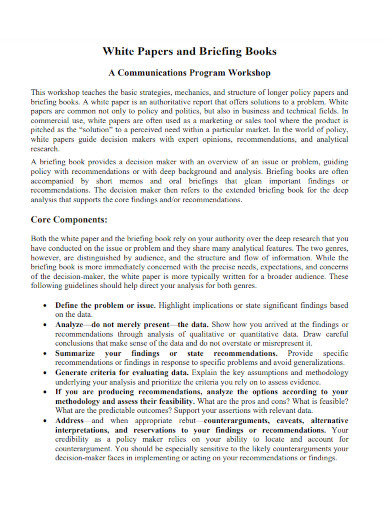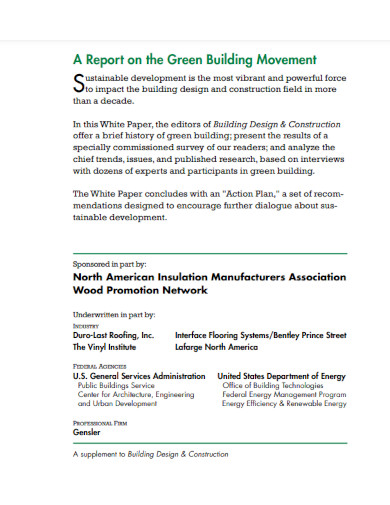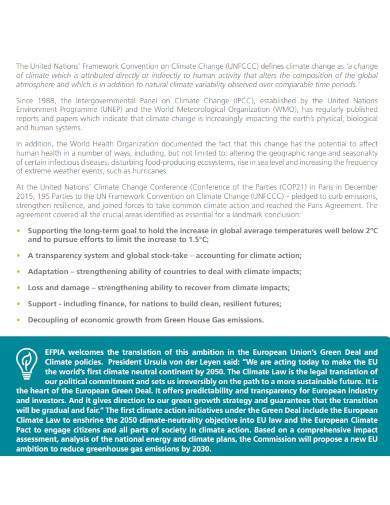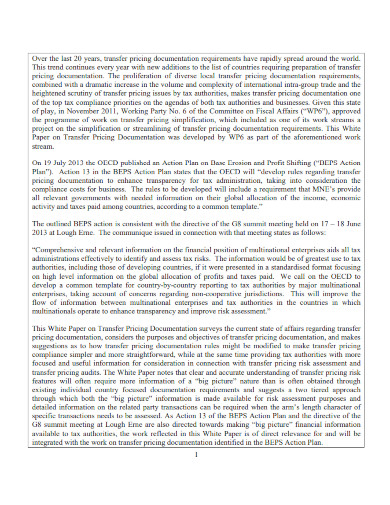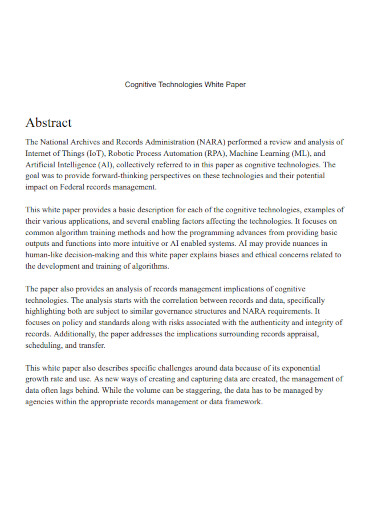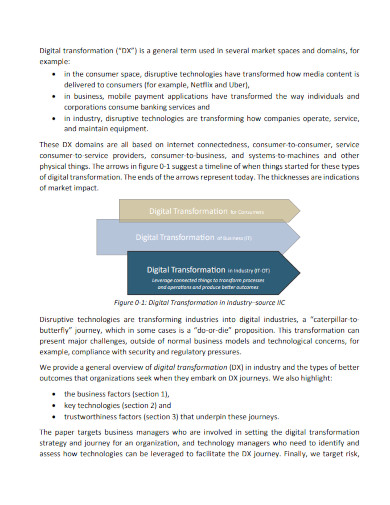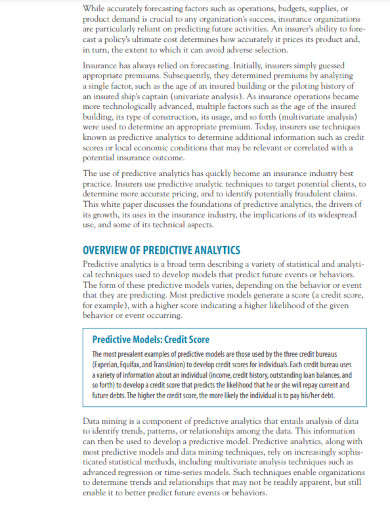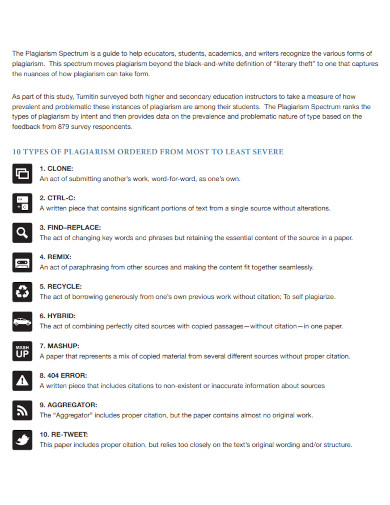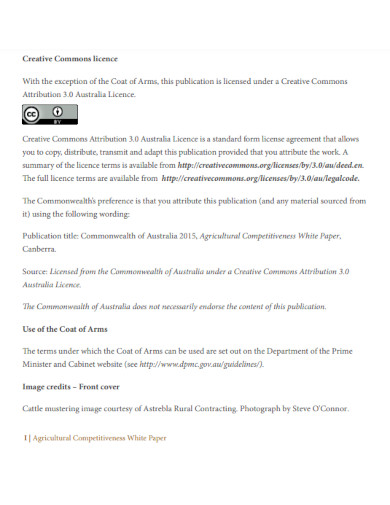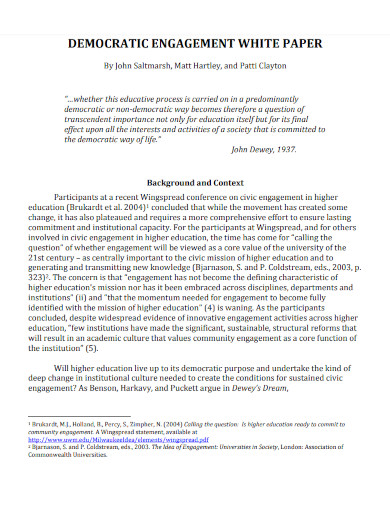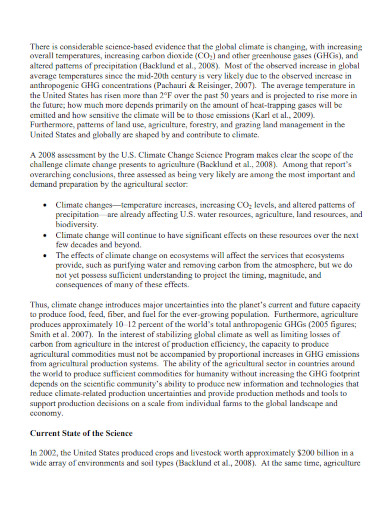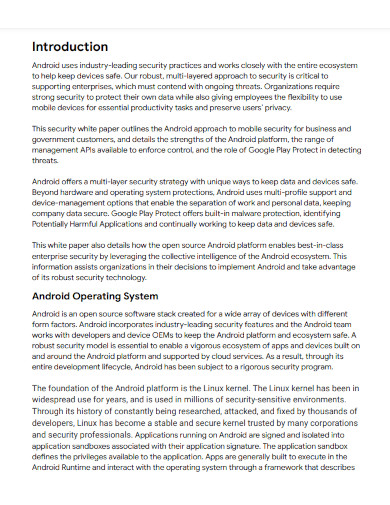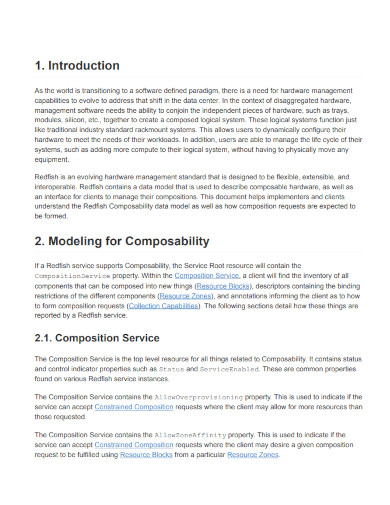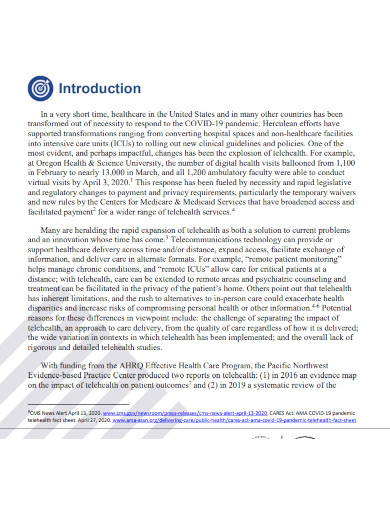15+ White Paper Examples to Download
Businesses and companies can create advertisements to market their product, service, or commodity to their target market in many ways. A product or service business or a company can use white paper to act as a flyer.
1. White Paper Basics Template
2. Writing a White Paper Example
3. White Papers and Briefing Books
4. White Paper on Sustainability Example
5. White Paper on Climate Change
6. White Paper on Transfer Pricing Documentation
7. Cognitive Technologies White Paper
8. Digital Transformation in Industry White Paper
9. Predictive Analytics White Paper
10. White Paper The Plagiarism Spectrum
11. Agricultural Competitiveness White Paper
12. Democratic Engagement White Paper
14. Android Enterprise Security White Paper
15. Redfish Composability White Paper
16. White Paper Commentary
What Is a White Paper?
The white paper is a type of document that illustrates a problem and provides a solution that the product, service, or commodity can solve through its application. The form of the white paper is similar to that of a scientific poster because they share similar elements or characteristics. Just not that the white paper should not outright advertise or mention the product, service, or commodity.
How to Write a White Paper
A well-made white paper can convey information to the target audience without room for misunderstandings and confusion. Not only will the white paper educate its audience, but it will also serve as a discreet advertisement for your product.
Step 1: Obtain a White Paper Outline
Start by obtaining or creating a white paper outline or outline format you can use to provide a structure for your white paper. This will not only provide you with a structure you can easily work with, but it will also help you easily make the white paper outline have a proper flow.
Step 2: Research and Write The Contents of a White Paper
A white paper is a well-researched document that has up-to-date information that strives to educate the person while presenting one’s product as a solution. This means that you will need to research and provide suitable references for the contents of your white paper.
Step 3: Insert Images into the White Paper
The white paper can have various visual media and references that will help catch the eyes of the reader or target audience. Prepare and insert any suitable images into the white paper. Note that you should limit the number of images you will use in the white paper as too many images will discourage people from reading through the white paper.
Step 4: Create a Conclusion
End your white paper with a short and succinct conclusion or closing paragraph that will properly close off the white paper. This will not only impact the audience’s satisfaction with the white paper, but it will also help ensure the white paper is enjoyable to reread.
FAQs
Why is this document called a white paper?
The term “White paper” has its origins in the way the government color-coded papers that the said entity will distribute to their main population or citizens. White is the color the government has chosen for documents that will have public access and distribution to their citizens.
What type of writing should the writer use when creating the white paper?
The white paper is an informational document that will provide valuable and well-researched information to specific target audiences. That means that the writer should employ technical and formal language and write in their white papers. This also means that the content of the white paper is succinct and straightforward, with various references in the document.
Research paper vs. white paper; what are the differences between research papers and white papers?
A research paper is a type of document that presents well-researched facts and information to a target audience, but it will not try to assuage or dissuade the target audience from specific information. A white paper, on the other hand, will provide well-researched facts and information to a target audience, while trying to influence their position or stance.
A white paper is a document that presents valuable information or data, which will try and educate its target audience whilst providing a stance or position for the said audience. A well-written white paper can persuade the target audience and ensure they will choose the position the white paper is presenting.


